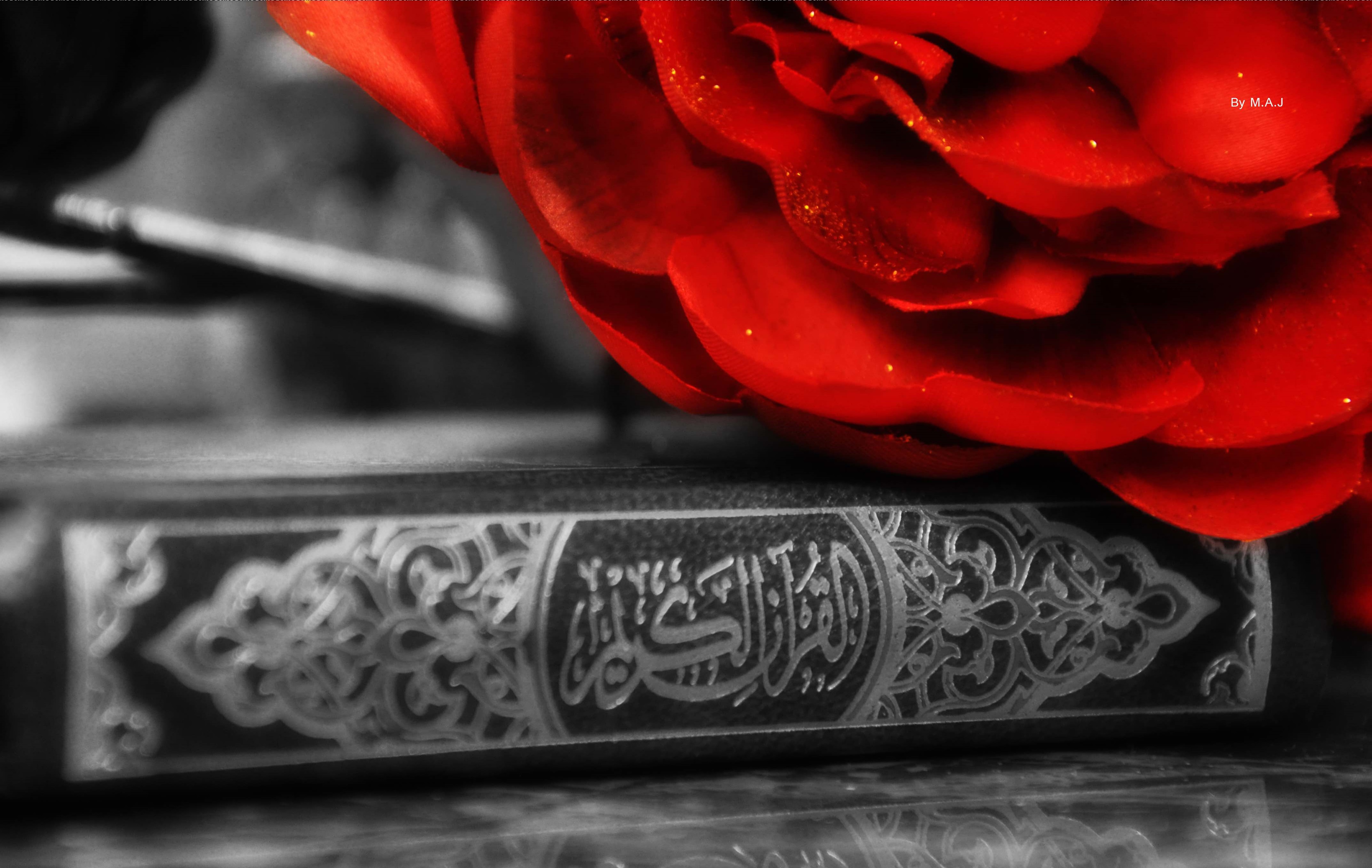The Holy Qur’an invites all human beings to unity—Muslims, Christians, Jews, etc.—and this invitation is not exclusive for the time of the Prophet (s) or a certain group of the People of the Book {ahl al-kitab}:
﴿قُلْ يَا أَهْلَ الْكِتَابِ تَعَالَوْا إِلَى كَلِمَةٍ سَوَاءٍ بَيْنَنَا وَبَيْنَكُمْ أَلاَّ نَعْبُدَ إِلاَّ اللَّهَ وَلاَ نُشْرِكَ بِهِ شَيْئًا وَلاَ يَتَّخِذَ بَعْضُنَا بَعْضًا أَرْبَابًا مِنْ دُونِ اللَّهِ.﴾
Say, ‘O People of the Book! Come to a word common between us and you: that we will worship no one but Allah, and that we will not ascribe any partner to Him, and that we will not take each other as lords besides Allah’.
The Glorious Qur’an speaks about the synagogue, temple, church and mosque in the same line because the Name of God is mentioned in all of them. As such, they must be held in high esteem and respect.
Although the blessed verse quoted invites all to unity, the greater emphasis is on the solidarity of Muslims. This is because, in addition to their unity and commonality in tawhid {unity of God}, prophethood {nubuwwah} qiblah {the direction where one faces for prayer and other acts of worship}, etc., Muslims also have a commonality with some branches of religion. Thus, among the followers of the various religions, Muslims are more deserving of having unity, and thus the possibility of scientific, cultural, political and other interactions among them is stronger. {the direction where one faces for prayer and other acts of worship}, etc., Muslims also have a commonality with some branches of religion.
Thus, among the followers of the various religions, Muslims are more deserving of having unity, and thus the possibility of scientific, cultural, political and other interactions among them is stronger.
{the direction where one faces for prayer and other acts of worship}, etc., Muslims also have a commonality with some branches of religion. Thus, among the followers of the various religions, Muslims are more deserving of having unity, and thus the possibility of scientific, cultural, political and other interactions among them is stronger.
Source:
A New Analysis of Wahhabi Doctrines
By: Muhammad Husayn Ibrahimi
ABWA Publishing and Printing Center
[P. 7].

